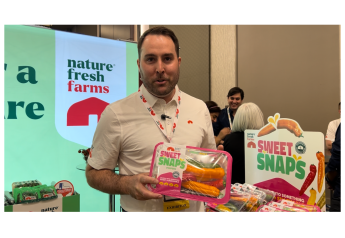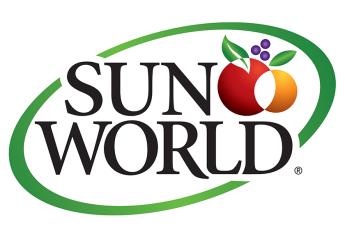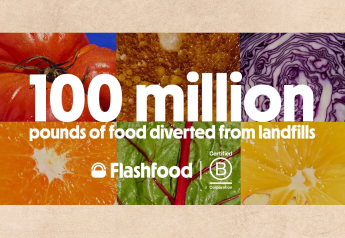Rabobank: foodservice sector may not see “normal” until mid-to-late 2022

The U.S. foodservice sector is still lagging more than a year after the COVID-19 pandemic compelled authorities to restrict restaurant operations, and a full recovery may not happen until mid-2022.
A new 22-page report from Rabobank said the recovery is taking hold but will take time.
“As vaccinations and treatment advance, the focus of attention will shift from near-term recovery to more strategic matters,” the report said. “The most relevant performance drivers over the next 6 to 12 months will be the pace of revenue recovery beyond restrictions, the influence of government stimulus, key cost drivers, and cash flow challenges.”
While the pandemic clobbered the foodservice sector with a sales decline of 19% in 2020, 2021 may bring foodservice growth of 12% to 14%, the report said. A full recovery is expected by mid- to late 2022, the report said.
Smaller operators face the most daunting challenges, according to the report.
“Many of these operators may not survive the current disruptions, leading to a materially different industry landscape compared to pre-COVID,” Maria Castroviejo, senior analyst of consumer foods for Rabobank, said in the report. The National Restaurant Association has estimated COVID-related restaurant closures in the U.S. totaled about 110,000 locations, or about 15% to 18% of the total before the pandemic.
“However, the final number of closures could be lower than what was originally feared as new capital steps-in to take advantage of new opportunities,” she said.
Deferred rent that has to be paid back after supportive measures from the federal government end will be a challenge to some operators, the report said, along with the burden of paying deferred taxes and finance costs.
The possibility of federal minimum wage rates from $7.25 to $15 per hour during the Biden administration is real, the authors said. If that wage hike occurs, operator margins will be under pressure, since the report said about 30% of restaurant sales are tied to labor, including wages and tips.
Trends taking hold
Trends such as foodservice delivery and working from home have accelerated during the pandemic, the report said. The delivery share of foodservice sales peaked during the pandemic and will likely decline in the years ahead, the report said, but remain above pre-pandemic levels.
The work-at-home trend has big implications for foodservice, the report said.
“The greater acceptance and rising popularity of working from home may also prompt deep changes in foodservice portfolios and assortments,” the report said. Among those trends, “ghost kitchens” are likely to multiply in the years ahead.
Travel and tourism sectors are not expected to fully rebound until 2022 or 2023, according to the report.
Sustainability issues such as packaging, food waste and carbon footprint will take on increased importance for foodservice operators, the report said. In particular, regulations limiting single-use plastic have been enacted in Europe and China and may come to the U.S.







